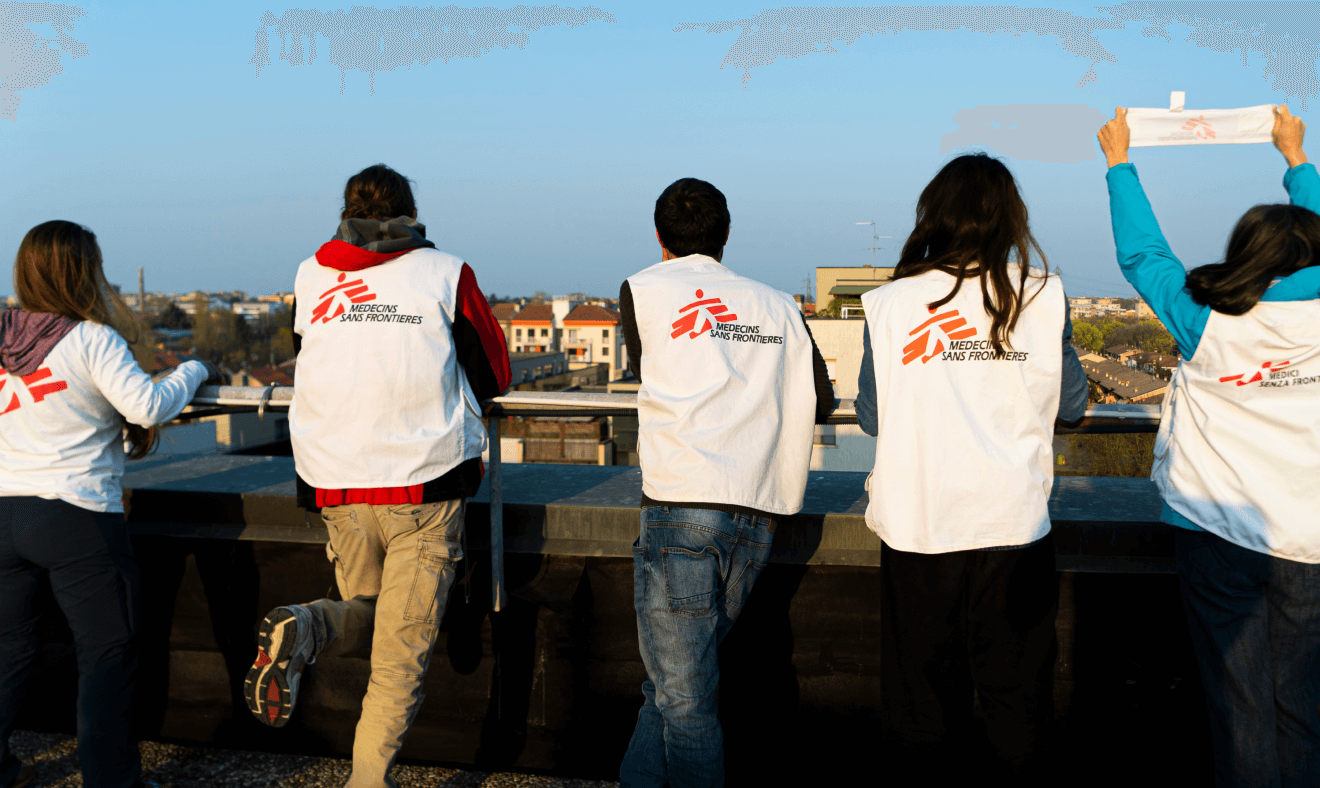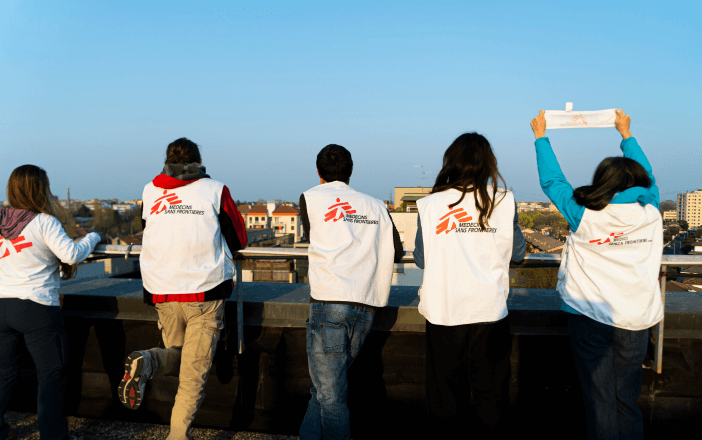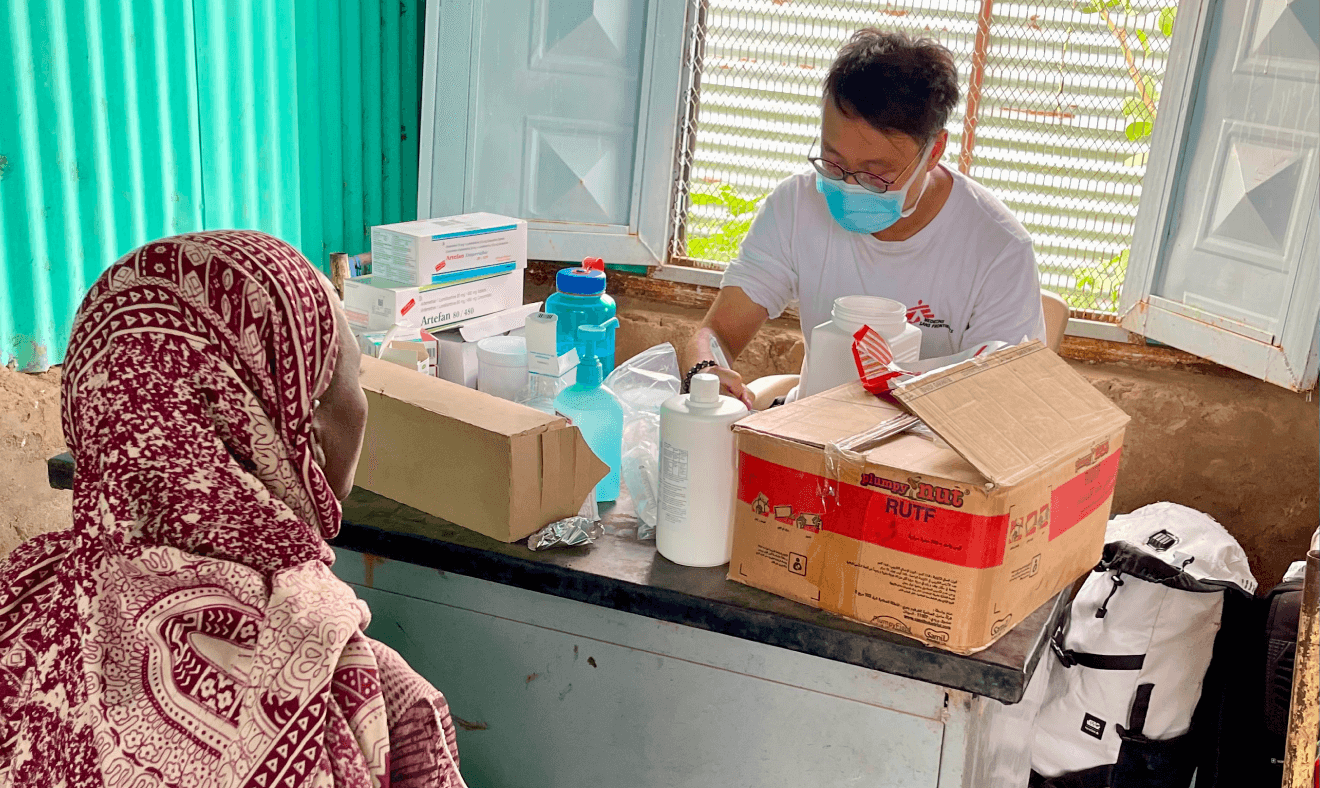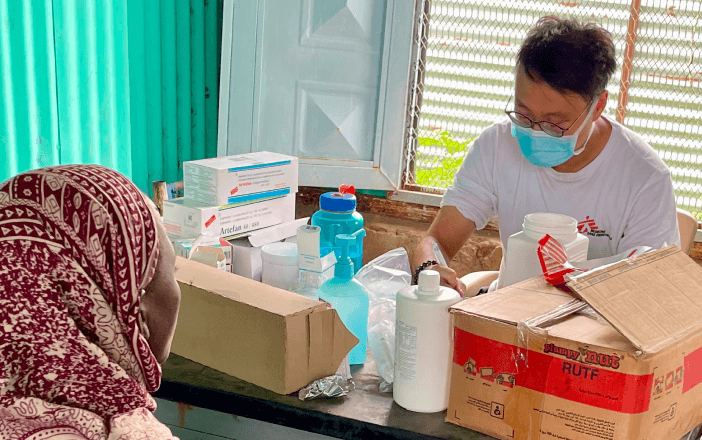Selection Process
Step
Before applying, please take the time to learn about the field worker profile you would like to apply for and the general information about working overseas. If your background and experience does not match with the available field positions, you might want to consider working as an office volunteer .
General criteria for working in the field
Experience
At least 2 years professional experience in your field of expertise.
Availability
Available for 6 months. There are exceptions for surgical related professionals, who may be accepted for shorter missions. Preference will be given to candidates who are ready to make a long-term commitment and consider a career within the MSF international movement.
Ability to live and work as a team
MSF field workers live and work together. The hours are long and the living conditions may be primitive and offer little privacy. It is essential that field workers are tolerant, flexible and willing to interact with people of all nationalities and cultures.
Experience in developing countries
The vast majority of MSF projects are in the developing world. Previous work experience in the developing world is particularly desirable.
Ability to manage stress
Field workers must be able to cope with a difficult and unpredictable environment, and adapt to the local culture, living conditions, security regulations and team dynamics.
Flexibility
Situations can change quickly in the field. Work tasks, departure dates, team composition and working environments may change during assignments. Flexibility is critical to one's success on an MSF project.
Language skills
Fluency in English. Fluency in French (Level B1 or above) is not essential but it does give more opportunities for placement.
Tropical medicine courses
Medical doctors with clinical experience on tropical diseases and/or a diploma in tropical medicine are highly valued. However, this is not a mandatory requirement.
Willingness to work in high security settings
MSF works in places where there can be extreme violence and constant conflict. Field workers need to be sure they are willing to be sent on missions to places like this.
Life on a mission
Security
Your safety comes first. In most places, MSF's neutrality and the trust it builds with communities serve as an invisible but powerful shield. To help avoid or cope with dangerous situations, all field workers receive an overall security briefing prior to a mission, followed by additional context specific briefings upon arrival. Your managers are constantly monitoring the dangers and there are clear local rules to help protect staff. But this is everyone’s responsibility and you have to be alert and conscientious yourself.
Cultural experience
Working in the field with MSF may be very different from anything you have previously experienced. You will work alongside local staff, where they might have different approach in dealing with health problems. So keeping an open mind and be flexible would definitely help!
Living conditions
MSF often operates in low-resource settings hence the living conditions are mostly basic. You could be riding motorbikes on bumpy roads for hours to reach a remote clinic; walking on muddy roads in rainy seasons for vaccination campaigns; having to go to bed at 9 pm because the generator is going to be turned off to save electricity etc.
Teamwork
The international team is composed of medical and non-medical field workers, working hand in hand with local staff. Success in the field requires excellent flexibility, cultural and social sensitivity as well as interpersonal skills. Coping with diverse and sometimes dangerous situations, both on the job and after-hours, requires teamwork – a crucial element of MSF's structure and effectiveness.
Coping with stress
The working pace in the field is usually very fast. So imagine yourself being new to MSF, the environment and all the people, at the same time as pushing yourself hard. It is perfectly normal to feel nervous about managing all that. So learning about your own limits and coping with stress is very important.
Peer Support Network
A Peer Support network (PSN), which all MSF HK field workers can use, was formed as an online platform for personal support and information sharing between members. It allows experienced field workers to help new recruits, as well as providing an avenue for returning field workers to share their stories and feelings. This platform is also used by the Field Human Resource department to tell members about the developments of HR policies, trends and vacancies within the movement.
What we offer
MSF packages reflect the humanitarian spirit of volunteerism as well as recognising the high professional levels that we require.
They include:
- Round trip economy air travel;
- Accommodation and transportation during your contract;
- Monthly allowance will be given;
- Field per diem allowance in local currency based on the cost of living in your project country;
- Insurance covering health, luggage, professional liability, repatriation, accidents and flights;
- Pre- and post- mission health checks.
Career with MSF
Working for MSF is a challenging and rewarding personal and professional experience that allows you to help people in a very real way. So even if you do it just once, you will get a lot out of it. And your future employers will benefit from your new confidence and management skills. But MSF encourages field workers to continue working for the organisation beyond their first mission because you have become even more valuable to us as well.
We offer a range of career opportunities to our field workers. Gaining more and varied MSF field experience makes you eligible for coordination positions in the mission such as Logistical, Human Resources, Finance, Medical, or Project Coordinator, or Head of Mission.





